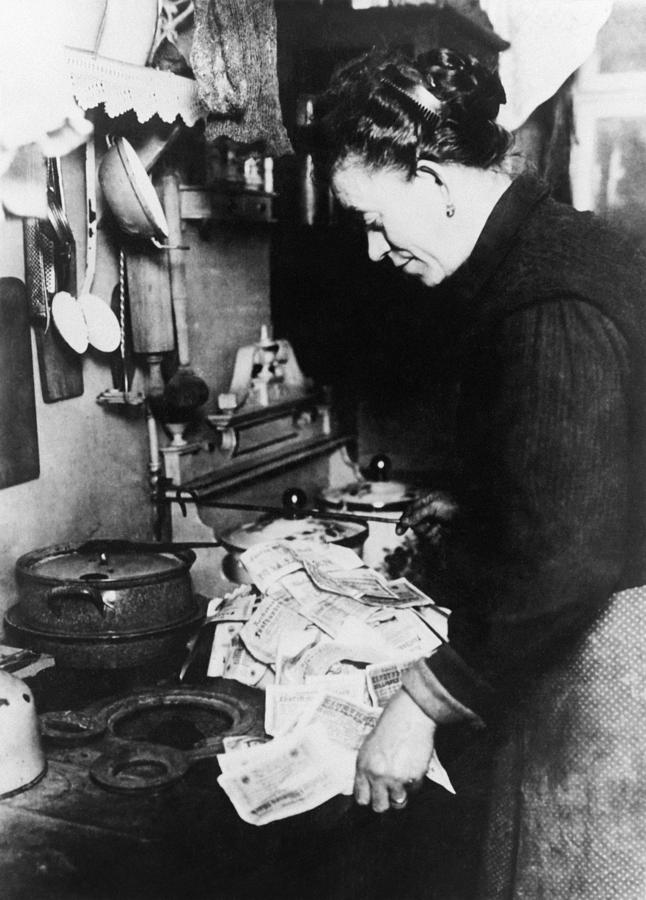I'm not sure if this the right thread to post this in and fortunately I'm not 'on the fiddle' but I am claiming Universal Credit at the moment. I've just read that the Department of Work and Pensions are now allowed access to my bank account to make sure I haven't got any undeclared savings. I haven't and I've been honest so I shouldn't have anything to worry about but I'm still not happy that any Tom, Dick or Harry can now snoop around in my account.
'Proposals in the Data Protection and Digital Information Bill will mean the
DWP can ask banks and building societies to pass on information relating to accounts where benefits are paid in. It's part of a new crackdown on fraud and error in the welfare system, which reached £8.3 billion in 2022-2023.
Several benefits are already being checked for fraud and error but at the moment the DWP can only ask banks for access to accounts if a specific individual is already suspected of cheating the system. Pensions Minister Paul Maynard says the new measures will mean banks can do
a broad sweep for signs of fraud - but only "minimal information" will be shared. He also detailed which benefits are to be targeted in the upcoming crackdown, which the DWP says
will result in 74,000 prosecutions and 2,500 prison sentences in the first 10 years.'
And he said they will be looking at two main types of fraud. These are where people have too much stashed away in savings to be eligible for benefits and other cases of so-called 'abroad fraud' where claimants are living overseas and are either not entitled to receive benefits or are in countries that are not eligible for annual pension increases.
The minister, who is Conservative MP for Blackpool North and Cleveleys, issued the new details in response to a written parliamentary question from Sir Stephen Timms, Labour MP for East Ham and chair of the Work and Pensions Committee.
Mr Maynard said: "Fraud is a growing problem across the economy, accounting for over 40 per cent of all crime in 2022. This problem exists in the welfare system too, with fraud becoming increasingly sophisticated and on a scale not seen in the past. The introduction of the third party data measure is key to helping DWP tackle and reduce fraud and error which amounted to £8.3bn last year (2022-23).
"The legislation is clear that the proposed power can only be used to help establish eligibility for DWP benefits that are being paid to individuals. This power requires third parties to look within their own data and provide relevant information to DWP that may signal where DWP claimants do not meet the eligibility criteria for the benefit they are receiving. This data may signal fraud or error and require a further review by DWP – through business-as-usual processes - to determine whether wrongful payments are being made.
"Only minimal information will ever be shared by designated third parties with DWP where there is a three-way relationship - between DWP, the claimant and the third party - to enable us to make further enquiries. No personal information will be shared by DWP with third parties."
He went on to explain which benefits the DWP would - and could not - target in the strict new rules. "DWP cannot exercise this power in relation to Child Benefit, because
Child Benefit is not a DWP payment as the legislation sets out," Mr Maynard said. "Last year, DWP administered payments of £230.5 billion through the welfare system and we know the vast majority of these claims are paid correctly and accurately. Our measure will only impact a minority of people who are potentially receiving more money than they are eligible to receive.
"As the Regulatory Impact Assessment sets out, the initial use of this power will be focused on identification of potential capital and abroad fraud and error in
Universal Credit, Employment and Support Allowance, Pension Credit and
Housing Benefit (passported from Pension Credit) cases. Failure to declare or under-declaring capital is consistently in the top causes of Fraud and Error and cost £894 million in Universal Credit overpayments, £138m in Pension Credit and £167m in ESA in 2022-23. The current powers DWP has are limited and leave the Department unable to address this challenge at scale. The third-party data gathering measure will enable DWP to better access relevant data which will help identify fraud and error in the system."
'And he said other benefits could be brought on board in future. Mr Maynard said: "As trends in fraud and error change, it is right we have the ability, in the future, to exercise this power across all benefits and payments that are administered by DWP. Affirmative regulations, and a statutory Code of Practice, will need to be brought forward before the Department can use these powers to define the specific data holder in scope and to outline other elements relating to the use of the power."'
Now I know a lot of people reading the above will be thinking "If you've got nothing to hide then you've got nothing to worry about.". I've got nothing to hide but I feel these new powers are open to abuse in the future if the government can now 'pop in and out' of my private bank account at their leisure.
Toast made in a toaster is rubbish not proper toast at all. Under the grill is slightly better but even so. I don't know how to do roased chestnuts now I haven't got a fire. Baked spuds are better done in a fire as well ... once you've got it just right!





